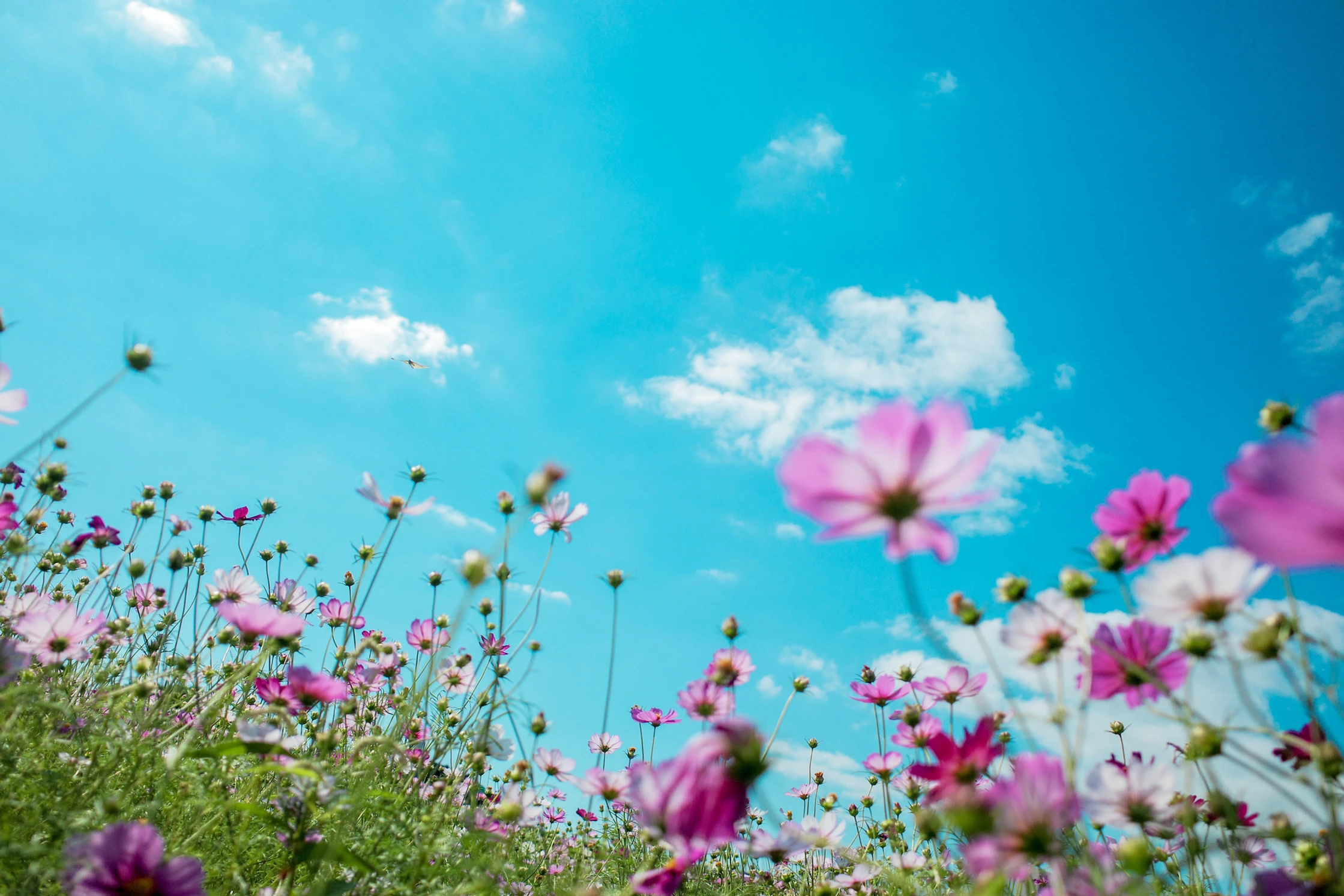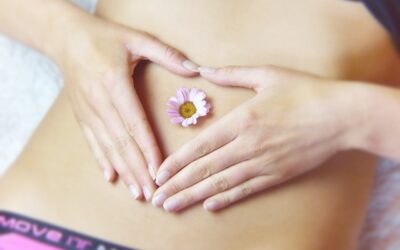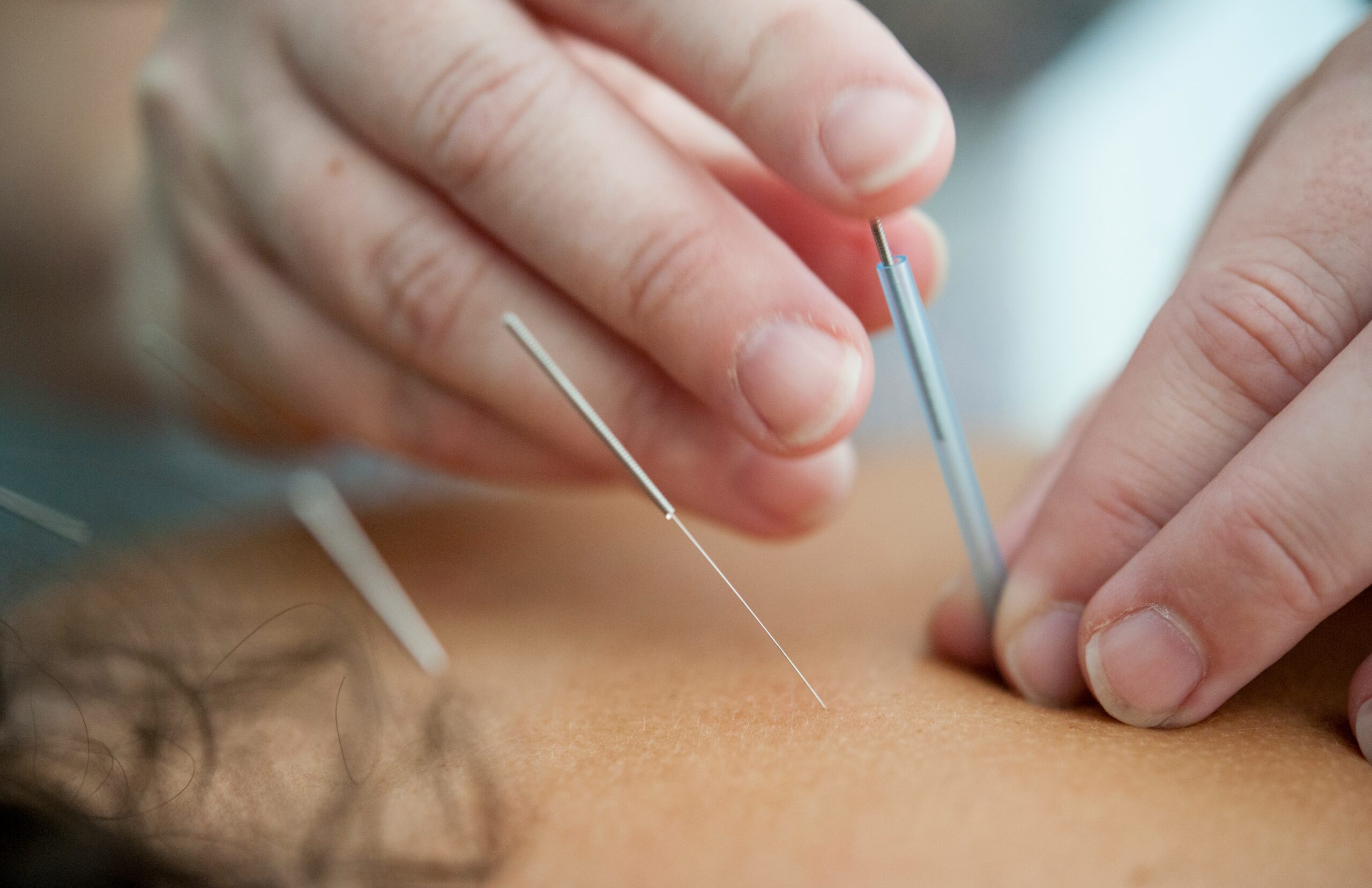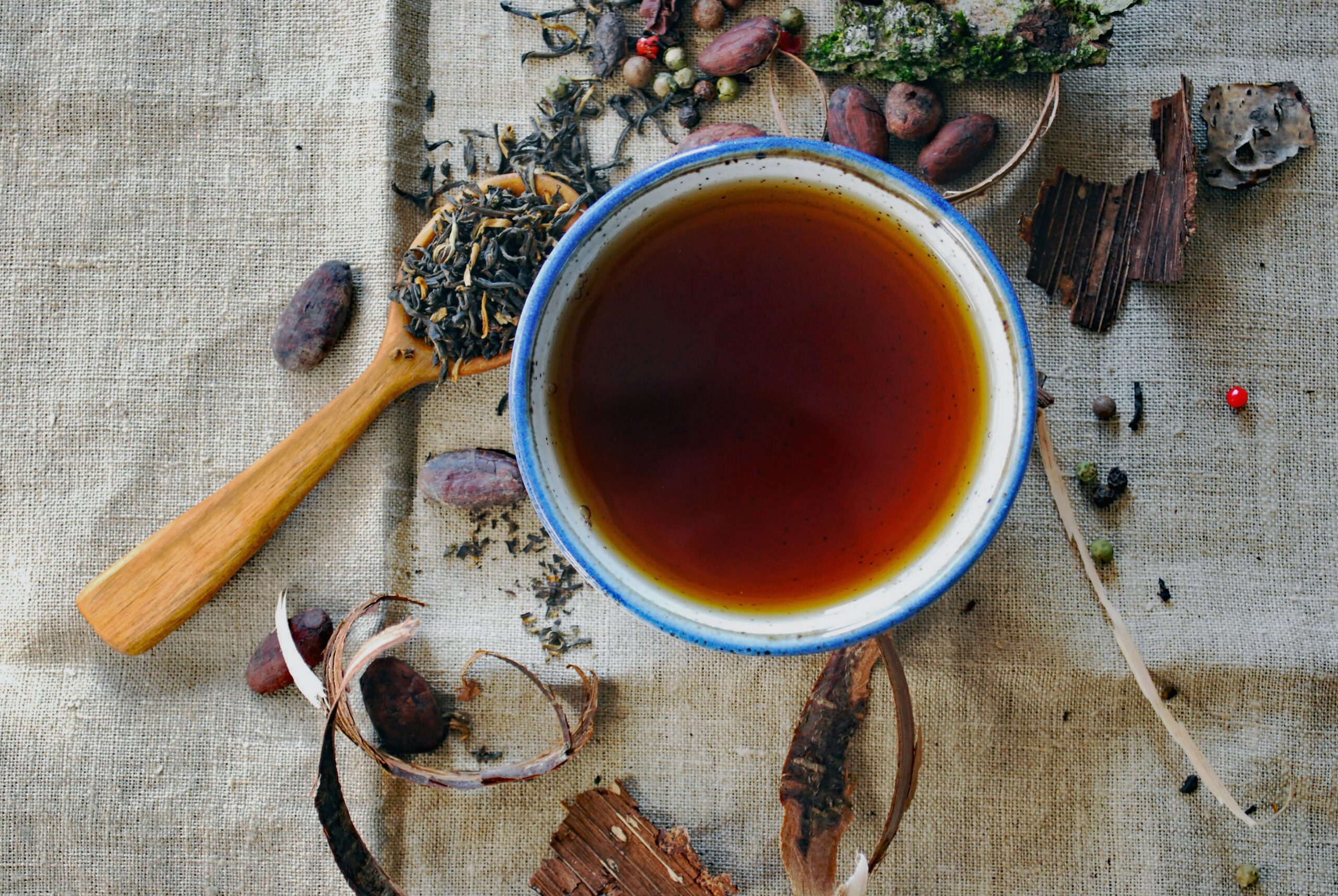Allergy season is just around the corner and many people are starting to show symptoms. Are you experiencing any?
The first step to address allergies is to avoid exposure. You can do this by staying indoors when the pollen counts are high, keeping your home and car windows closed and the AC on, making sure your AC filters are clean and HEPPA certified, and showering before bed to remove pollen. All are easy options and good guidelines to follow, however, sometimes they are not enough.
Here are 13 natural remedies to fight allergy symptoms!
1. Nasal Saline irrigation.
Nasal irrigation can bring relief of sinus symptoms, alleviate congestion, facial pain and pressure by thinning out the mucus and flushing it out the nasal passages. It also helps clear out allergens that can be trapped in the nose. There are different ways to do it, the neti pot is one of the most popular gadgets, however, squeeze bottles (like Nasopure) and bulb syringes can be used as well.
Nasal saline irrigation is safe, however, you should always use distilled, sterile, or previously boiled water. Also, it is very important to properly clean the device that you are using for this purpose thoroughly by hand, or put it in the dishwasher if it’s dishwasher-safe; dry the device completely after each use to avoid the risk of infections.
2. Stinging Nettle (Urtica dioica).
Stinging nettle is a plant that has anti-inflammatory properties. It contains a number of chemicals, such as serotonin, histamine, and acetylcholine. Histamine is the substance that makes us sneeze, itch and have a runny nose. Having histamine may seem counterproductive in allergy treatment, but there is history of using histamines to treat severe allergic reactions.
Using stinging nettle at the first signs of allergy symptoms helps provide relief. My favorite way of using this herb is tea, drink 2 cups daily. I use Nettle Leaf tea from Traditional Medicinals.
Do not use stinging nettle if you are pregnant and be cautious if you are using other herbs to avoid side effects. If you are diabetic, monitor closely your blood sugar levels because stinging nettle can have a hypoglycemic effect. The same if you have blood pressure problems since it can lower it. Avoid stinging nettle if you are taking Lithium.
3. Quercetin.
Quercetin is a plant pigment. It is a powerful antioxidant, anti-inflammatory and has antibacterial and antiviral properties. It is found mostly in onions, grapes, berries, cherries, broccoli, and citrus fruits. Quercetin inhibits the release of histamine from cells acting as a natural antihistaminic.
As a supplement, it is not very well absorbed. However, there is a modified form called Isoquercetin (EMIQ) that is better absorbed in the body. The correct dosage to take is 100 mg of EMIQ twice a day.
Quercetin might alter the metabolism of some medications, increasing the chance of side effects. If you are taking any medications that are metabolized by the liver, talk to your healthcare provider before starting quercetin.
4. Probiotics.
The use of probiotics for the treatment and prevention of allergic conditions, such as atopic dermatitis, has been recognized. However, its use for respiratory allergies has been controversial. A recent study published in 2018 in the Journal of Pharmacy and Nutritional Sciences, found that the use of probiotics for allergic rhinitis improves symptoms and quality of life.
5. Local honey.
Bees create their honey from the flowers around them and because of this, their honey contains trace amounts of the pollen that could be making you feel sick. Eating local raw honey will help you build immunity against it. It will not immediately relieve your allergy symptoms but it can help reduce them over time.
In a study published in 2011 in the International Archives of Allergy and Immunology, patients with a birch pollen allergy that were taking birch pollen honey reported a decrease in their symptoms.
Take one tablespoon of raw local honey daily. It is better to start before allergy season, so start as soon as possible.
6. Exercise.
Exercise reduces inflammation in your body and boosts your immunity which can help reduce allergy symptoms. Moreover, exercise promotes blood flow which will help eliminate the allergens quickly via skin and kidneys. If you exercise outdoors, avoid peak pollen hours which tend to be between 5 am and 10 am.
7. Keep hydrated.
Staying hydrated is always the first advice I give to all my patients. I cannot stress how important it is for our overall health. Being hydrated will help your body function properly, improve your physical performance, will help your brain function and will keep you energized. Drink at least 8 glasses of water a day and increase the amount if you are exercising and according to the weather.
8. Apple cider vinegar (ACV).
ACV boosts immunity, helps break up mucus and supports lymphatic drainage. Add a tablespoon of ACV, a tablespoon of lime or lemon juice and a tablespoon of raw local honey to a glass full of water. Drink this every morning.
9. Butterbur.
Butterbur is a shrub that has been used in the treatment and prevention of headaches and also for allergic rhinitis. The raw and unprocessed form can cause liver damage so make sure that it is processed and free of pyrrolizidine alkaloids also known as PAs. It should be avoided also in kids, during pregnancy, and breastfeeding.
The suggested dosage is 500 mg per day.
10. Spirulina.
Spirulina is a blue-green alga that grows in fresh and saltwater. It has anti-inflammatory properties and its use in allergic rhinitis is due to the fact that it inhibits the release of histamine from mast cells. Spirulina improves symptoms such as nasal discharge, sneezing, nasal congestion, and itching. Take one teaspoon daily.
11. Healthy, whole food diet.
This allergy season make sure you include in your diet hot and spicy foods (garlic, onion, ginger, cinnamon, and cayenne pepper), bone broth, probiotic-rich foods (sauerkraut, kimchi, kombucha, kefir), pineapple, fresh organic vegetables, grass-fed meats, free-range poultry, and wild-caught fish.
Some foods can make your allergies worse so try to avoid alcohol, caffeine, dairy, chocolate, peanuts, sugar, wheat, citrus, and chocolate. Stay away from processed foods, artificial sweeteners, and foods that cause mucus production such as dairy and gluten, as well as any foods that you may have a sensitivity to because they can worsen your allergy symptoms.
12. Acupuncture
Acupuncture is now recommended by the American Academy of Otorhinolaryngology to treat allergies. It is safe, effective and well researched. Several studies have shown that acupuncture has anti-inflammatory effects reducing the body response to allergens in a drug-free manner. Acupuncture eliminates or diminishes significantly nasal symptoms and provides long term relief compared to medications which may simply mask symptoms temporarily and have side effects.
13. Chinese Herbs
Depending on your symptoms and constitution, Chinese herbs are a natural way to get the antihistamine effect. Talk with your acupuncturist to find the right formula for you.
I hope this information was helpful. The best way to have an easy allergy season, if you have allergies, of course, is PREVENTION.
For a healthy and asymptomatic spring!
References:
https://www.cdc.gov/healthcommunication/ToolsTemplates/EntertainmentEd/Tips/Allergies.html
https://www.fda.gov/ForConsumers/ConsumerUpdates/ucm316375.htm
https://www.ncbi.nlm.nih.gov/pmc/articles/PMC3845706/
https://www.ncbi.nlm.nih.gov/pmc/articles/PMC5214562/
https://www.ncbi.nlm.nih.gov/pmc/articles/PMC6273625/
https://clinicalmolecularallergy.biomedcentral.com/articles/10.1186/s12948-018-0092-9
https://www.ncbi.nlm.nih.gov/pubmed/21196761





0 Comments